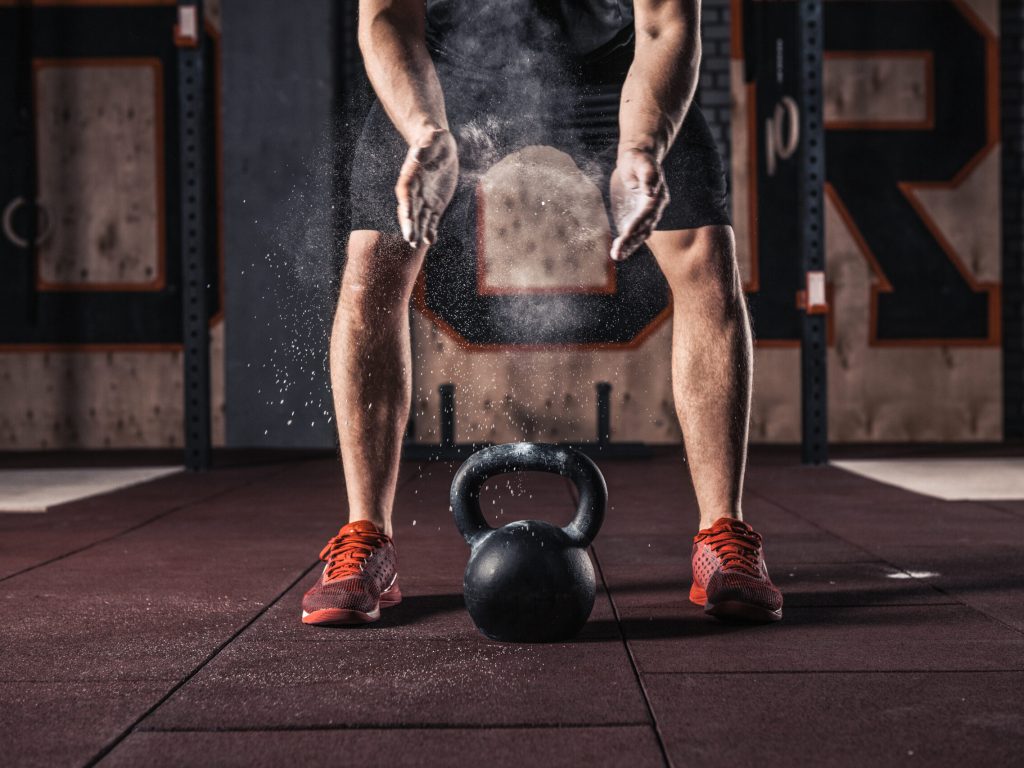Best Supplements for Crossfit athletes 2025
May 25, 2025
BY HANNA BLASHCHUK
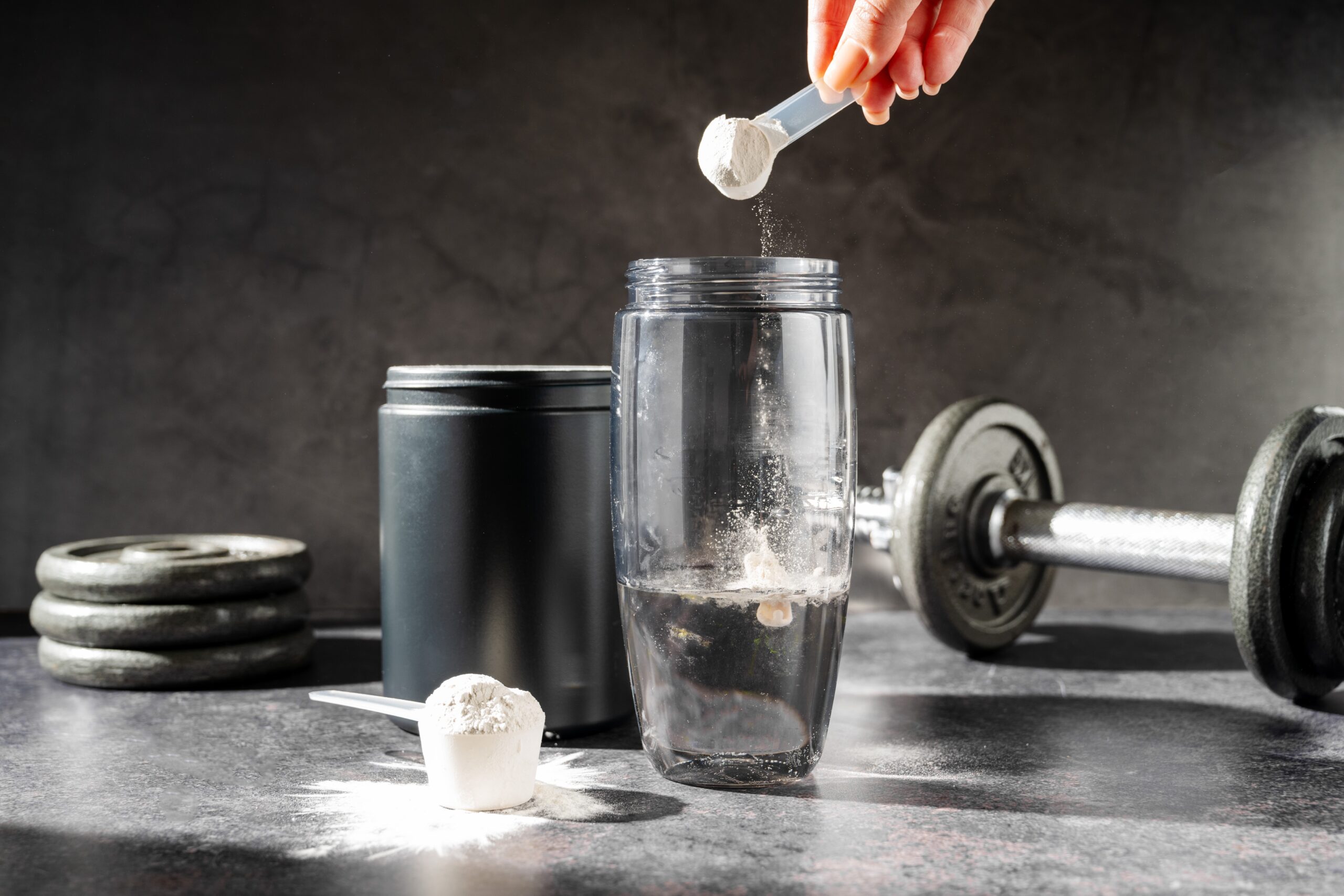
CrossFit isn’t just a workout — it’s a high-intensity sport that pushes your body to its limits day after day. It combines strength, cardio, endurance, and mental grit. And when your training demands that much, your recovery and nutrition need to match.
That’s where CrossFit supplements come in.
Now, no supplement can replace good sleep, solid nutrition, and consistent training. But for athletes looking to fill in dietary gaps, improve recovery, and get a small performance edge, the right products can be part of a smart CrossFit supplement plan.
In this guide, we’ll break down the top supplements for athletes training for performance, whether you’re aiming for local throwdowns or elite competition.
What supplements do Athletes Take?
Athletes at all levels — from recreational to professional — often turn to supplements to support performance, speed up recovery, and ensure they’re meeting all of their nutritional needs.
In CrossFit specifically, the constant intensity and volume of training can take a toll on the body. Supplements can help by:
-
Boosting strength and power output
-
Supporting joint and muscle recovery
-
Filling gaps in a high-demand diet
-
Improving sleep and stress resilience
But remember: supplements are just that — supplemental. They should support, not replace, the fundamentals: proper training, smart recovery, and a clean, whole-food-based diet.
So, what supplements do CrossFit athletes take? Let’s dive into the essentials.
1. Whey Protein
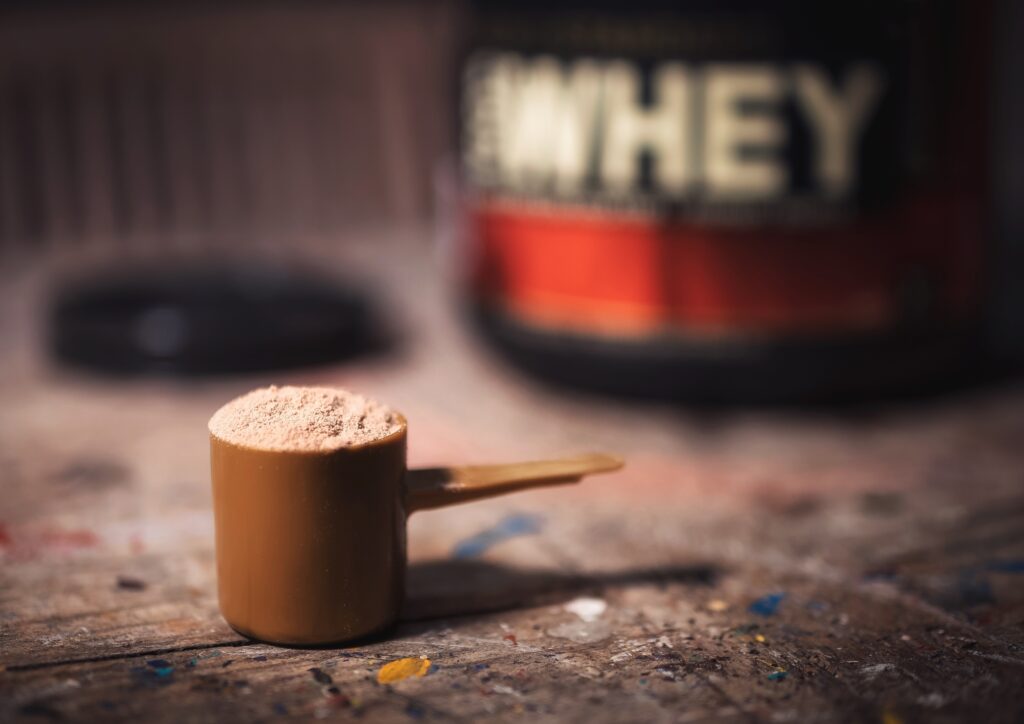
Goal: Muscle repair, recovery, strength
One of the most essential supplements for athletes, whey protein provides fast-digesting amino acids that help muscles rebuild after intense training. For CrossFit athletes who may hit multiple sessions a day or struggle to meet protein needs through food alone, this is a go-to.
Best for:
Post-WOD recovery
Supporting lean muscle growth
Filling protein gaps in your diet
Choose grass-fed, low-sugar options with 20–30g of protein per serving.
2. Creatine Monohydrate
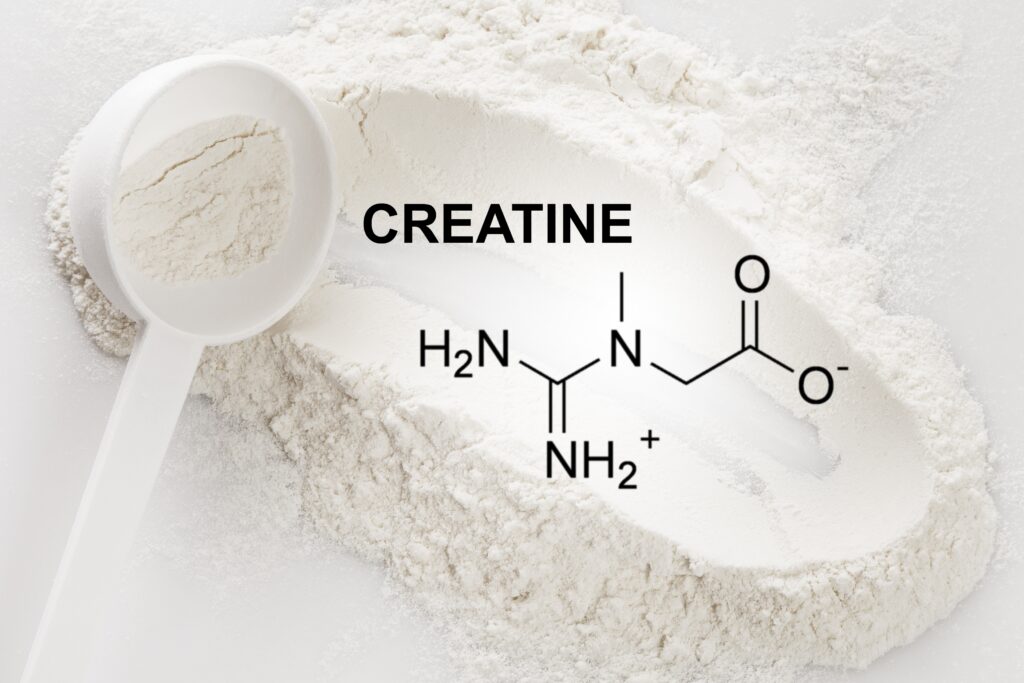
Goal: Strength, power, sprint performance
Creatine is one of the best supplements for athletes focused on explosive strength and short bursts of power — perfect for lifts, sprints, and even high-rep metcons. It helps replenish ATP, the energy your muscles use during high-intensity efforts.
Best for:
Heavy lifting days
Olympic lifts and WODs with short rest periods
Increasing muscular endurance and size
Stick with 5g of creatine monohydrate daily — no loading phase needed.
3. Omega-3 (Fish Oil)
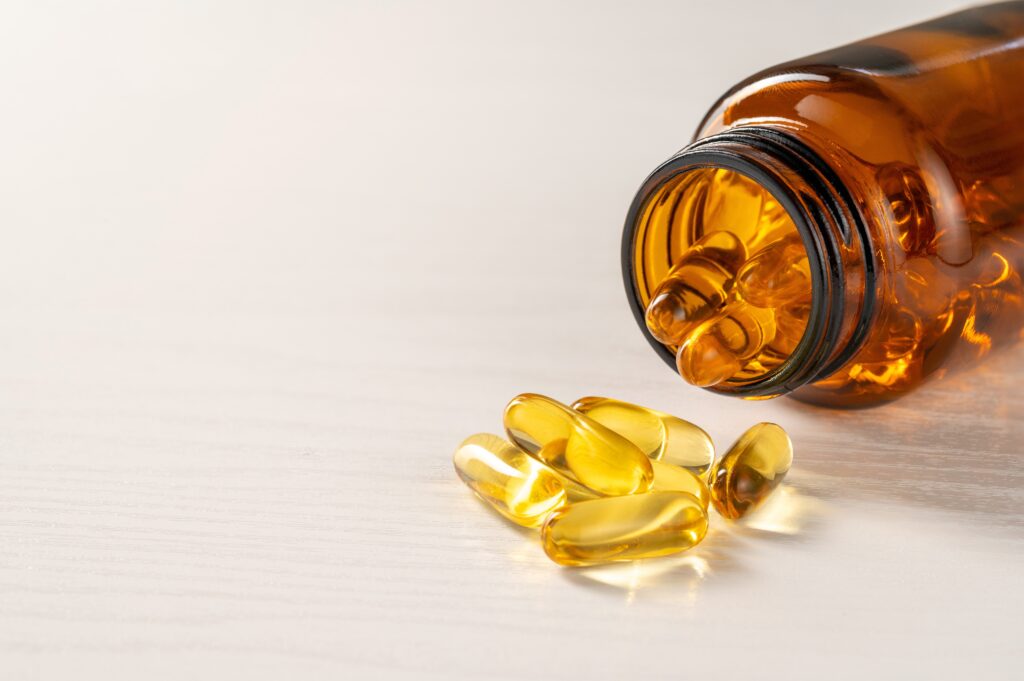
Goal: Joint health, inflammation control, brain function
CrossFit involves a lot of volume — and that can lead to sore joints, soft tissue strain, and systemic inflammation. Omega-3 fatty acids help reduce inflammation and support joint health, making them a popular addition to any CrossFit supplement plan.
Best for:
Recovery after intense training
Supporting heart and brain health
Long-term joint and tendon care
Look for 1000–2000mg of combined EPA + DHA from wild-caught sources.
4. Magnesium
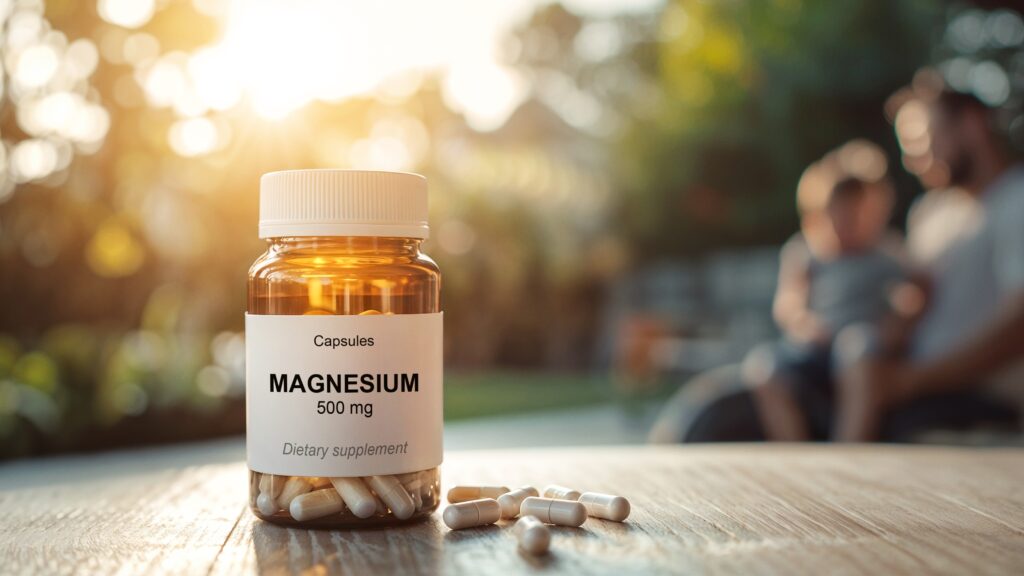
Goal: Muscle relaxation, recovery, sleep support
If you’re dealing with restless sleep, sore muscles, or nighttime cramps, magnesium might be your answer. Most athletes don’t get enough through food alone — especially those sweating heavily during intense sessions.
Best for:
Improving sleep quality
Reducing muscle cramps
Supporting relaxation and stress relief
Choose magnesium glycinate or citrate — these forms are more bioavailable and gentler on digestion.
5. Adaptogens (Ashwagandha / Rhodiola)

Goal: Stress management, hormone support, recovery
CrossFit isn’t just physically demanding — it hits your nervous system hard. Adaptogens are natural herbs that help regulate stress hormones like cortisol, support mood, and promote better energy recovery.
Best for:
Athletes training under high stress or volume
Improving sleep, focus, and mood
Supporting hormonal balance during overtraining periods
Use for 4–6 weeks consistently to feel the full effect.
Bonus: Electrolytes
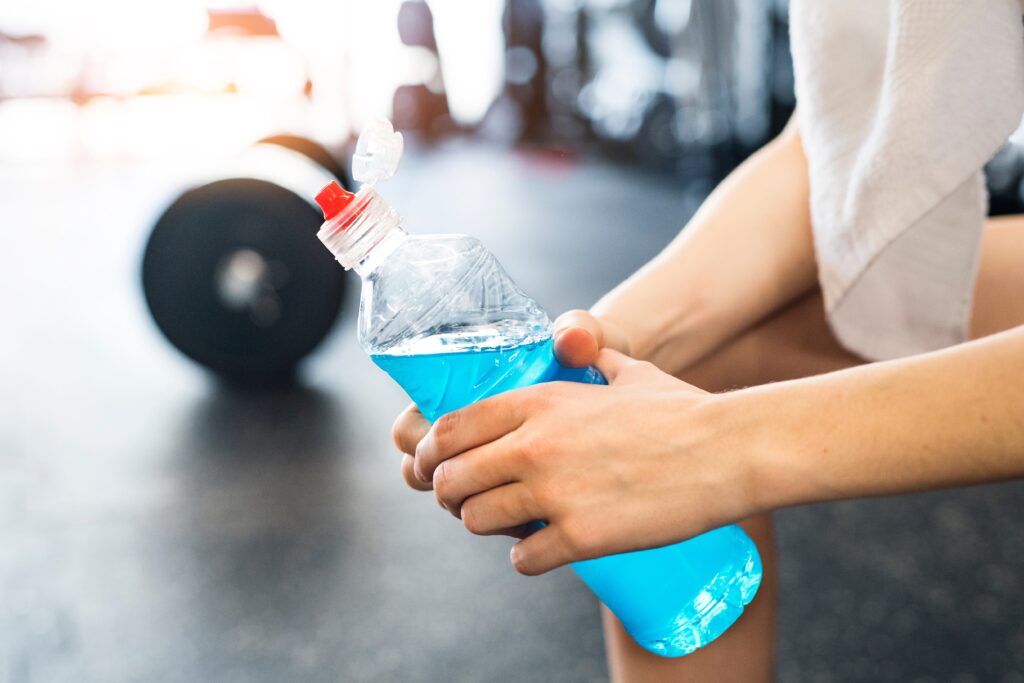
Goal: Hydration, performance, endurance
For athletes sweating buckets during summer WODs or fasted training, electrolytes help maintain hydration and prevent fatigue.
Look for: Sodium, potassium, magnesium — ideally without added sugar.
Final Thoughts: Build the Base First
The best supplements for athletes are the ones that complement smart training, good nutrition, and real rest — not replace them.
Don’t fall into the trap of overloading on powders and pills while ignoring the basics:
-
Eat whole foods
-
Sleep 7–9 hours
-
Manage stress
-
Recover with intention
If you’ve got those in place, then adding well-chosen supplements for CrossFit — like protein, creatine, omega-3s, and magnesium — can help take your training, recovery, and performance to the next level.
Frequently Asked Questions
Do I really need supplements if I eat a healthy diet?
Not necessarily. If you eat a well-rounded diet, get enough sleep, and recover well, you might not need supplements. However, due to the high demands of CrossFit, it’s common for athletes to fall short on things like protein, magnesium, or omega-3s — especially when training volume is high. Supplements can help fill gaps, not replace meals.
Is creatine safe to take every day?
Yes. Creatine monohydrate is one of the most researched supplements on the market and has consistently been shown to be safe for long-term use in healthy individuals. Daily doses of 3–5g are effective and well tolerated. Just be sure to stay hydrated and take it consistently.
What’s the best time to take my supplements?
It depends on the supplement:
Whey protein: Right after workouts or to supplement daily intake
Creatine: Any time daily (consistency > timing)
Omega-3: With meals (better absorption)
Magnesium: In the evening (can support sleep)
Adaptogens: Morning or midday, depending on the product
Timing helps, but daily consistency is more important than exact timing for most supplements.
Can supplements improve my WOD performance instantly?
Only to a degree — and not like a magic pill. Creatine might help with repeated sprint or lifting efforts, and electrolytes can improve endurance on hot days. But most performance comes from consistent training, not single-use supplements. Think of supplements as a long-game strategy, not a short-term boost.
How do I know if a supplement brand is trustworthy?
Look for third-party testing certifications like:
NSF Certified for Sport
Informed Sport
USP Verified
Also, avoid proprietary blends and look for transparent labeling with clinically backed dosages.


